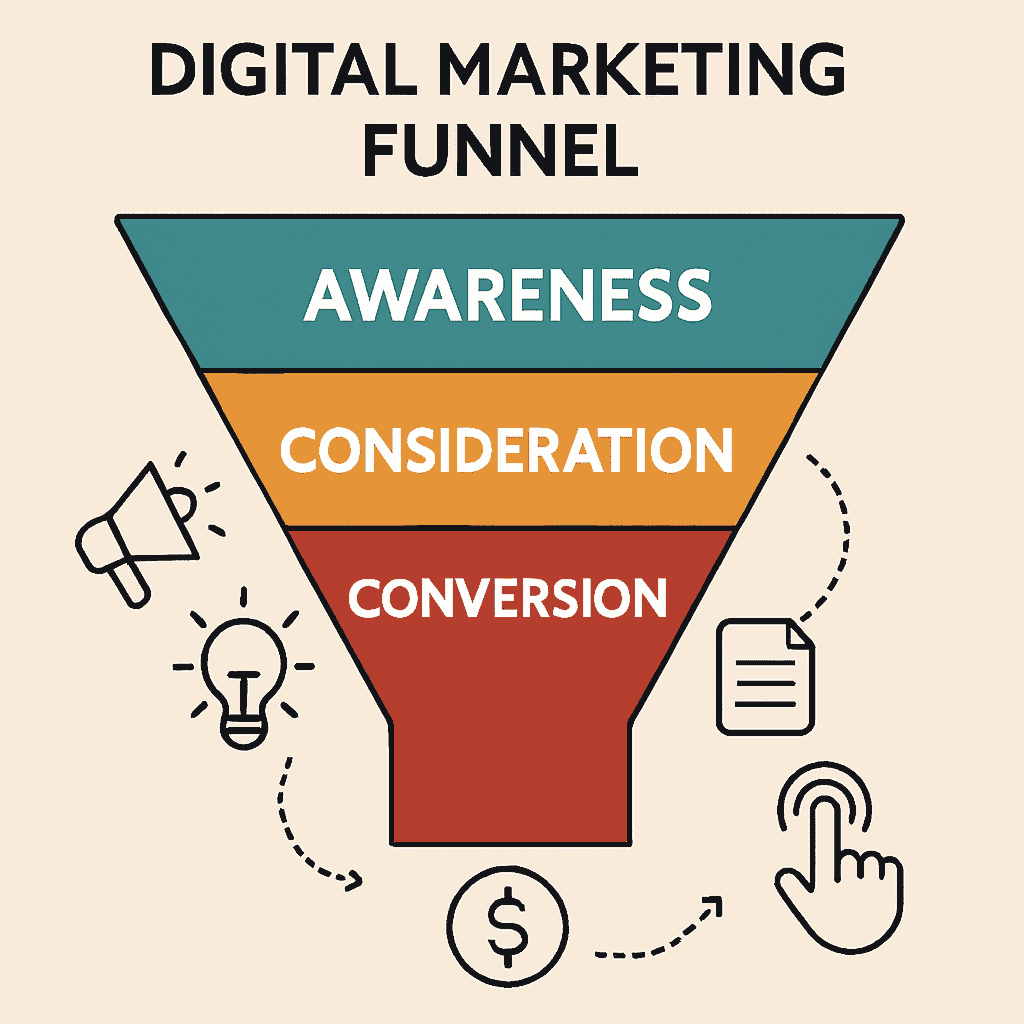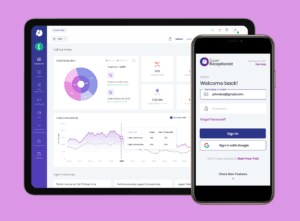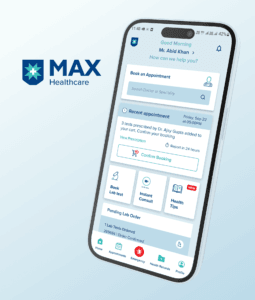Introduction
Digital marketing isn’t what it used to be.
Just running Google Ads or posting on Instagram is no longer enough. Customers today are more informed, cautious, and research-driven than ever before. The buyer journey is no longer a straight line—it’s a winding path across multiple platforms, with many touchpoints before a decision is made.
That’s exactly why smart brands are embracing full-funnel digital marketing strategies.
In this article, we’ll break down what full-funnel marketing actually is, why it matters now more than ever, and how you can start applying it to drive measurable results—no matter your business size or industry.
What Is Full-Funnel Digital Marketing?
At its core, a full-funnel marketing strategy addresses every stage of the customer journey:
Top of Funnel (Awareness)
Capturing attention through SEO, social media, PR, and paid awareness ads.
Example: A startup health brand publishes blog posts on “How to improve immunity” to draw in cold traffic.Middle of Funnel (Consideration)
Educating and engaging leads with resources like case studies, webinars, comparison guides.
Example: That same brand runs Instagram retargeting ads showcasing product benefits with customer testimonials.Bottom of Funnel (Conversion)
Turning interested prospects into customers with offers, product demos, trials, or lead magnets.
Example: A limited-time 20% discount on their immunity kit with a clear call-to-action.Post-Purchase (Retention & Advocacy)
Keeping customers engaged through email sequences, loyalty programs, referral bonuses, and stellar support.
Example: Sending follow-up emails to gather reviews and offering a referral code.
Why Smart Brands Are Adopting Full-Funnel Approaches
Let’s look at the shift happening in the real world:
🚀 Case Study: A SaaS Startup Triples Revenue in 6 Months
At Unqode, we recently worked with a UAE-based SaaS startup that was solely focused on running Google Ads to get signups. They were driving traffic, but conversion rates were poor and cost-per-lead was rising every month.
We implemented a full-funnel strategy:
Top funnel: SEO-focused content (tutorials, comparison blogs), video explainers, and social ads
Mid funnel: Webinar signups, email nurturing, and product case studies
Bottom funnel: Retargeting ads, exclusive offers, and optimized landing pages
Post-purchase: Onboarding emails and referral programs
Results:
60% reduction in CPL
3x increase in trial-to-paid conversions
80% email open rate on nurture sequences
Smart, right?
Why Partial Strategies Don’t Work Anymore
Many businesses still rely heavily on one or two channels—like running Facebook Ads or posting on LinkedIn—hoping it drives ROI. But the truth is, these efforts often live in silos and miss the bigger picture.
Let’s put it this way: would you pour water only on the leaves of a plant and expect it to grow?
Full-funnel strategies ensure that no stage of the buyer journey is ignored. They nurture attention into trust, and trust into action.
What Does Full-Funnel Include? (With Examples)
Here’s what a real-world full-funnel plan could look like:
🔹 Top of Funnel: Build Awareness
SEO Blog Posts: Answer “what is” questions to rank for informational keywords
E.g., “What is ROAS in digital marketing?”YouTube Ads / Influencer Shoutouts
PR Coverage / Media Mentions
🔹 Middle of Funnel: Engage
Email Newsletters & Lead Magnets
Webinars / Product Guides / Case Studies
Comparison Pages (e.g., us vs. competitors)
🔹 Bottom of Funnel: Convert
Retargeting Ads (Google Display, Meta)
Offer Pages / Product Trials / Instant Bookings
A/B Testing of Landing Pages
🔹 Post-Purchase: Delight & Retain
Loyalty Programs, Upsells, Referral Bonuses
Email Nurturing & Support Chatbots
Video Testimonials Requests
Funnel Analysis: How to Track & Optimize Performance
Using funnel analysis, marketers track user behavior from one stage to the next, identifying where drop-offs happen and what to fix.
Tools like Google Analytics 4, Mixpanel, and heatmaps help you measure:
Where people land (and bounce)
Which channels bring most qualified traffic
Where users stop engaging (mid-funnel leak)
What converts best (offer, CTA, channel)
This isn’t just reporting—it’s the secret to ROI-driven marketing.
What About AI and Full-Funnel Marketing?
AI is changing the game. From automated email sequences and predictive analytics to chatbots and generative content—AI tools now support every stage of the funnel.
At Unqode, we use:
GA4 & Looker Studio dashboards for funnel tracking
ChatGPT-powered blog generation (reviewed by humans)
Meta’s Advantage+ for dynamic ad delivery
AI segmentation tools to personalize email journeys
AI helps us act faster, test smarter, and scale consistently.
How to Get Started with Full-Funnel Marketing
Here’s a quick checklist to get you going:
Map Your Funnel
Understand your user journey from first click to repeat purchase.Identify Gaps
Are you too focused on one stage (e.g., only TOFU)? Fill the gaps with relevant content or campaigns.Use the Right Tools
Combine analytics (GA4), automation (HubSpot, Mailchimp), and content (Canva, Jasper, Unqode 😄).Build Cohesive Messaging
Ensure brand voice and value props are consistent across touchpoints.Test and Iterate
Use A/B testing to improve ad creatives, landing pages, email subject lines, and more.
Final Thoughts: You Can’t Afford to Be One-Dimensional Anymore
The brands winning in 2025 are not necessarily spending the most—they’re the ones orchestrating the smartest full-funnel marketing systems.
Whether you’re a startup founder, an eCommerce manager, or a marketing lead in a mid-sized B2B firm, now is the time to go beyond fragmented tactics.
Think funnel. Think long-term. Think growth.
And if you need help building a data-backed, ROI-focused full-funnel digital strategy tailored for your niche, Unqode is here to help.




